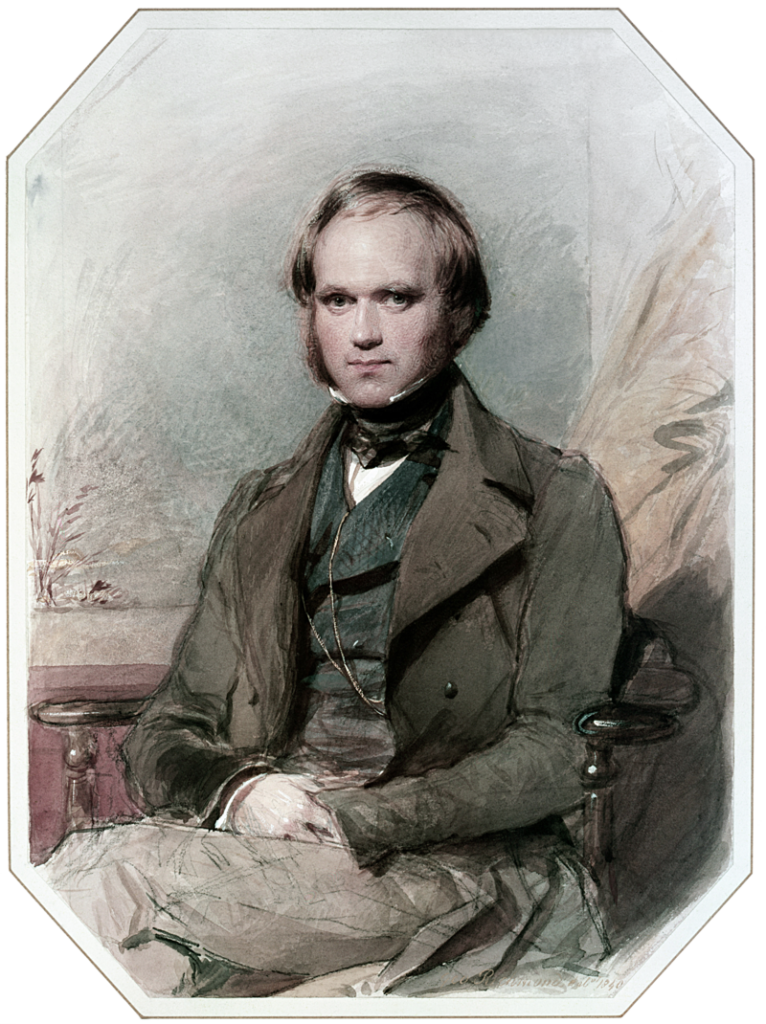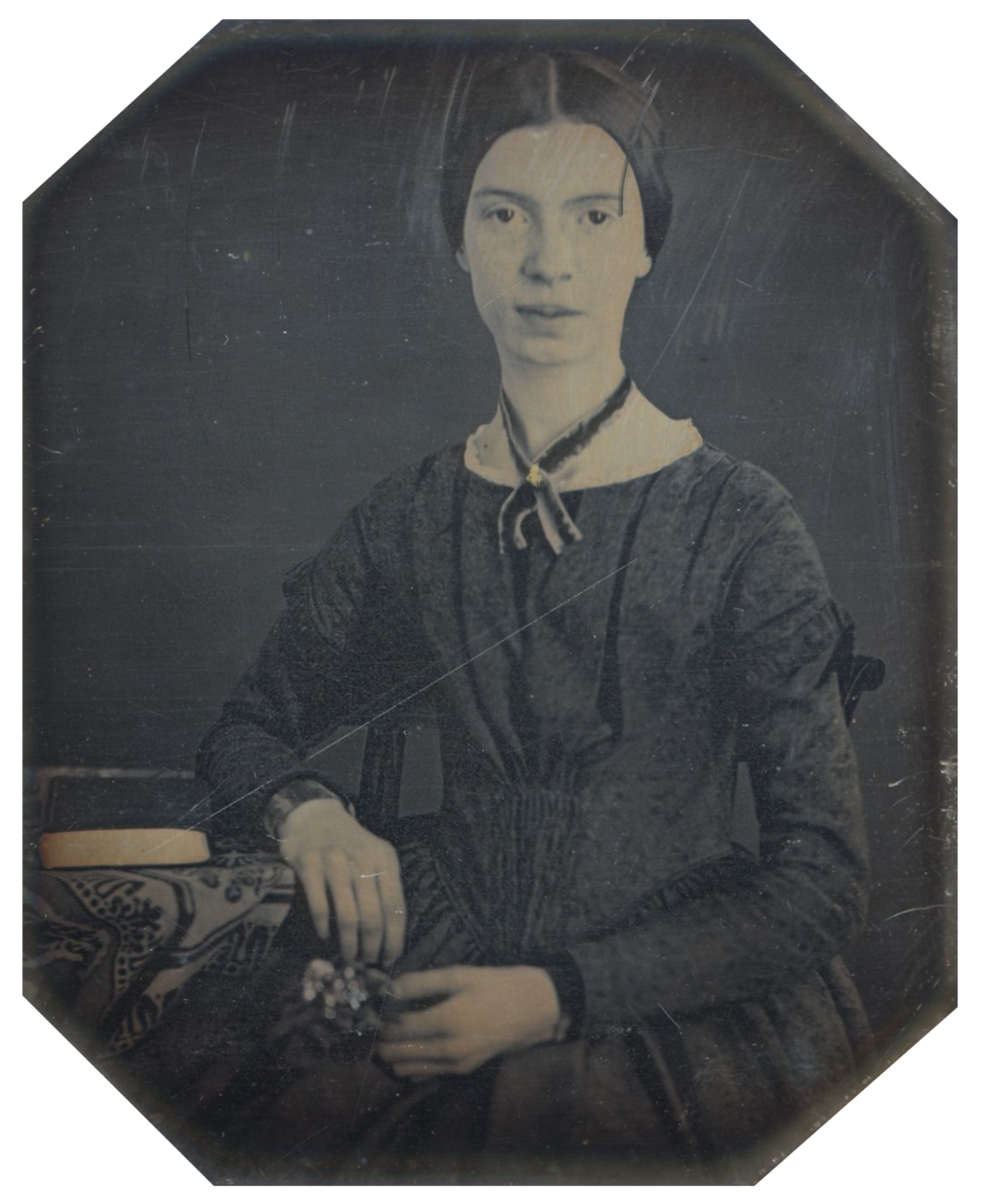The famed literary critic Harold Bloom infamously said that he did not understand the poetry of Emily Dickinson. It is unfortunate he did not live long enough to read this book by Renée Bergland, professor of literature at Simmons University (Boston). If he had, Bloom might have found the poet less obscure.
In this intriguing book, Natural Magic, Bergland shows how the works and thoughts of Dickinson and Charles Darwin intertwined with one another, even though they never met. The author stakes her ground early, on page 4:
The story of how science and religion became opposed to each other during the nineteenth
century has often been told. In many accounts, Charles Darwin plays the role of the great
Victorian scientist whose work opened the floodgates of secularization. In these pages
I will unfold a different narrative… In his own time, when poetry was often separated
from science, the poet who best captured the relationships between science,
religion, and magic was Emily Dickinson.
A key to this understanding, Bergland divines, is that “Dickinson never allowed her close and careful observation of the natural world to diminish her sense of enchantment.” The word enchantment is rarely used in a book of hard science, but in a nod to that concept, modern subatomic physics has mined certain words, such as charm, and given them an entirely new life (see reference below).
To explore the sources of Dickinson’s worldview, she mentions many writers who are virtually forgotten now. I will mention just two. Jonathan Edwards was born in 1703, 127 years before Dickinson. “Edwards was an empiricist who believed that the divine was immanent in nature.” He noted similarities between divine ideals and such things as flowers & rainbows, and “believed that denying the magical connections among material things was tantamount to denying the existence of everything intangible.”
The author then introduces Edward Hitchcock, who became president of Amherst College in 1845 (Dickinson’s family were key to the founding of the College, in Amherst, Massachusetts). While Bergland does not offer a direct connexion between Edwards and Hitchcock, she does state they are very close in spirit. Hitchcock delivered a series of lectures from 1845-49, and they were published as Peculiar Phenomena in the Four Seasons.
“As a teenager, Emily read Peculiar Phenomena over and over, since it was one of the few books that did not worry her father. From Hitchcock she absorbed the idea that the seasons of the year were analogous to Christian narratives. Natural phenomena were endowed with spiritual significance.”
Having established this linkage with great force, Bergland misses the mark by not offering even a brief quote from Hitchcock’s book. If this was such a great inspiration to the young Emily, exactly how was it manifested in her poetry? And how did that reflect or relate to the work of Charles Darwin, who apparently never read Peculiar Phenomena? For example, we are told on page 268 of Natural Magic that Dickinson wrote a poem about the aurora borealis entitled Of Bronze – and Blaze. In it, she expresses humility, “admitting that her poetry could not quite compete with the aurora.” The poem concludes with these lines, as quoted by Bergland:
My Splendors, are Menagerie –
But their Competeless Show
Will entertain the Centuries
When I, am long ago,
An Island in dishonoured Grass –
Whom none but Daisies, know.
On page 54 of Hitchcock’s book (not quoted by Bergland) we read:
“Let a man’s nerves be ever so much rasped and irritated by the collisions and perplexities of life, how quickly will they be soothed, if some splendid landscape bursts at once upon his sight; if a meteor rushes across the sky; or the northern aurora decorates the sky.”
I see a direct inspiration from Hitchcock’s view of the aurora’s importance (which he believes to have exerted a benign influence on mankind for centuries) to Dickinson’s embracing view that the aurora has had (and will continue to have for centuries more) the ability to put on a show that nothing else can compete with. In the first portion of the poem (which Bergland does not quote), Dickinson writes that the aurora “Infects my simple spirit/With taints of Majesty.” Like her, Hitchcock sees the aurora as ‘infecting’ the human psyche in a good way, a ‘soothing’ way. The influence from Hitchcock to Dickinson is pretty clear, but without offering such specific examples, Bergland’s digressions into the poet’s inspirations are stillborn.
I also find Bergland’s quotations of the poems to be lacking in two regards. On page 79, she begins a discussion of a poem entitled “Nature and God – I neither knew,” but the full title ends with “ – Venus.” She then quotes the poem, whose last lines are “As Herschel’s private interest/Or Mercury’s Affair.” No explanation is given as to what this means! Based on the abbreviated title she gives, it means nothing, but with the full title, one can realise she is referring to a Greek myth in which Mercury and Venus had an affair. Dickinson here mentions Herschel, almost certainly John Herschel. It seems likely Dickinson read Herschel’s 1831 book Discourses, and Bergland links it up by stating Darwin certainly read it. Both Darwin and Dickinson incorporated recent scientific works in their thoughts, which influenced their outlook on Nature. This is at the heart of Bergland’s thesis here.
She seems on firmer ground with Darwin’s inspirations. Speaking of the naturalist Charles Lyell, Bergland writes that “the most astonishing thing that happened to Charles Darwin was learning to see the world through Lyell’s eyes.” In his 1833 book Principles of Geology, Lyell wrote that he “did not believe that the planetary record showed any evidence that the earth had developed or improved throughout successive ages. Instead he thought that the changes were random, due to hundreds of small, chance events governed by natural laws – the laws of physics and chemistry.” Here we see the seeds of Darwin’s work on evolution, which proceeds in small, random steps governed by science. “Like Dickinson, Darwin approached nature with enthusiasm and a sense of wonder, without a sense of superiority. Instead of helping them to master the green world, Darwin and Dickinson’s experiments tended to equate mastery with madness.” Later, Bergland writes “Dickinson’s biological humility was strikingly similar to Darwin’s.” Bergland certainly sees a message here for those of us in the 21st century intent on mastering Nature: this is explored in her Afterword. These two great figures of the 19th century, she writes, “invite us to invent a new kind of hope for our strange moment of planetary despair.”

Despite its shortcomings, this is a truly inspirational book that might help guide a way forward for the youth of the planet who must live with the consequences of what their elders have done to our planet.
Image: Darwin in the 1830s; Dickinson around 1850.
As an editorial note: the chapter headings begin with dates in Amherst (for Dickinson), followed by her age. But part way through the book, the age of the poet is dropped in chapter headings. An annoying inconsistency.
Emily Dickinson, Charles Darwin, and the Dawn of Modern Science is by Princeton University Press. It lists for $32.
Reference:
Physics words with surprising origins (2024). Nature Reviews Physics, vol. 6, pg. 209
For more on Dickinson, read my article about a visit to the Dickinson house:
